Simone Weil was born on this day in 1909.
Above all it is thus that we can acquire the virtue of
humility, and that is a far more precious treasure than all academic progress. From this
point of view it is perhaps even more useful to contemplate our stupidity than
our sin. Consciousness of sin gives us the feeling that we are evil, and a kind
of pride sometimes finds a place in it. When we force ourselves to fix the
gaze, not only of our eyes but of our souls, upon a school exercise that we
have failed through sheer stupidity, a sense of our mediocrity is borne in upon
us with irresistible evidence. No
knowledge is more to be desired. If we can arrive at knowing this truth with
all our souls we shall be well established on the right foundation.
If these two conditions are perfectly carried out there is
no doubt that school studies are quite as good a road to sanctity as any other.
To carry out the second, it is enough to wish to do so. This
is not the case with the first. In
order really to pay attention, it is necessary to know how to set about it.
Most often attention is confused with a kind of muscular
effort. If one says to one's pupils: “Now you must pay attention,” one sees them
contracting their brows, holding their breath, stiffening their muscles. If after
two minutes they are asked what they have been paying attention to, they cannot
reply. They have not been paying attention. They have been contracting their
muscles.
We often expend this kind of muscular effort on our studies.
As it ends by making us tired, we have the impression that we have been working.
That is an illusion.
Tiredness has nothing to do with work. Work itself is the
useful effort, whether it is tiring or not. This kind of muscular effort in
work is entirely barren, even if it is made with the best of intentions. Good intentions
in such cases are among those that pave the way to hell. Studies conducted in
such a way can sometimes succeed academically from the point of view of gaining
good marks and passing examinations, but that is in spite of the effort and
thanks to natural gifts; moreover such studies are never of any use.
Will power, the kind that, if need be, makes us set our teeth and endure suffering, is the principal weapon of the apprentice engaged in manual work. But contrary to the usual belief, it has practically no place in study. The intelligence can only be led by desire. For there to be desire, there must be pleasure and joy in the work. The intelligence only grows and bears fruit in joy. The joy of learning is as indispensable in study as breathing is in running. Where it is lacking there are no real students, but only poor caricatures of apprentices who, at the end of their apprenticeship, will not even have a trade.
Will power, the kind that, if need be, makes us set our teeth and endure suffering, is the principal weapon of the apprentice engaged in manual work. But contrary to the usual belief, it has practically no place in study. The intelligence can only be led by desire. For there to be desire, there must be pleasure and joy in the work. The intelligence only grows and bears fruit in joy. The joy of learning is as indispensable in study as breathing is in running. Where it is lacking there are no real students, but only poor caricatures of apprentices who, at the end of their apprenticeship, will not even have a trade.

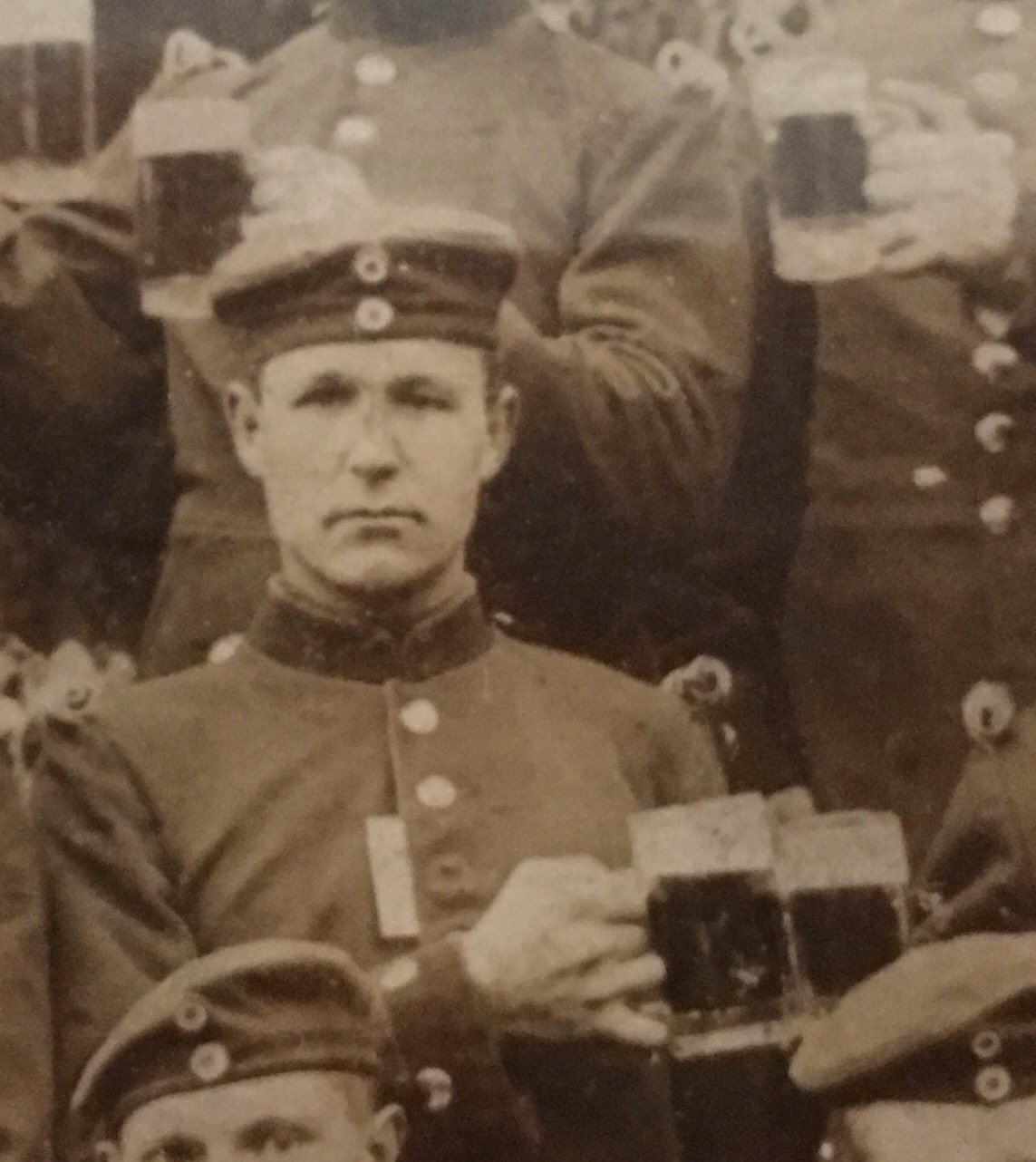







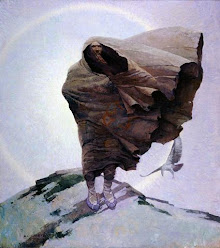














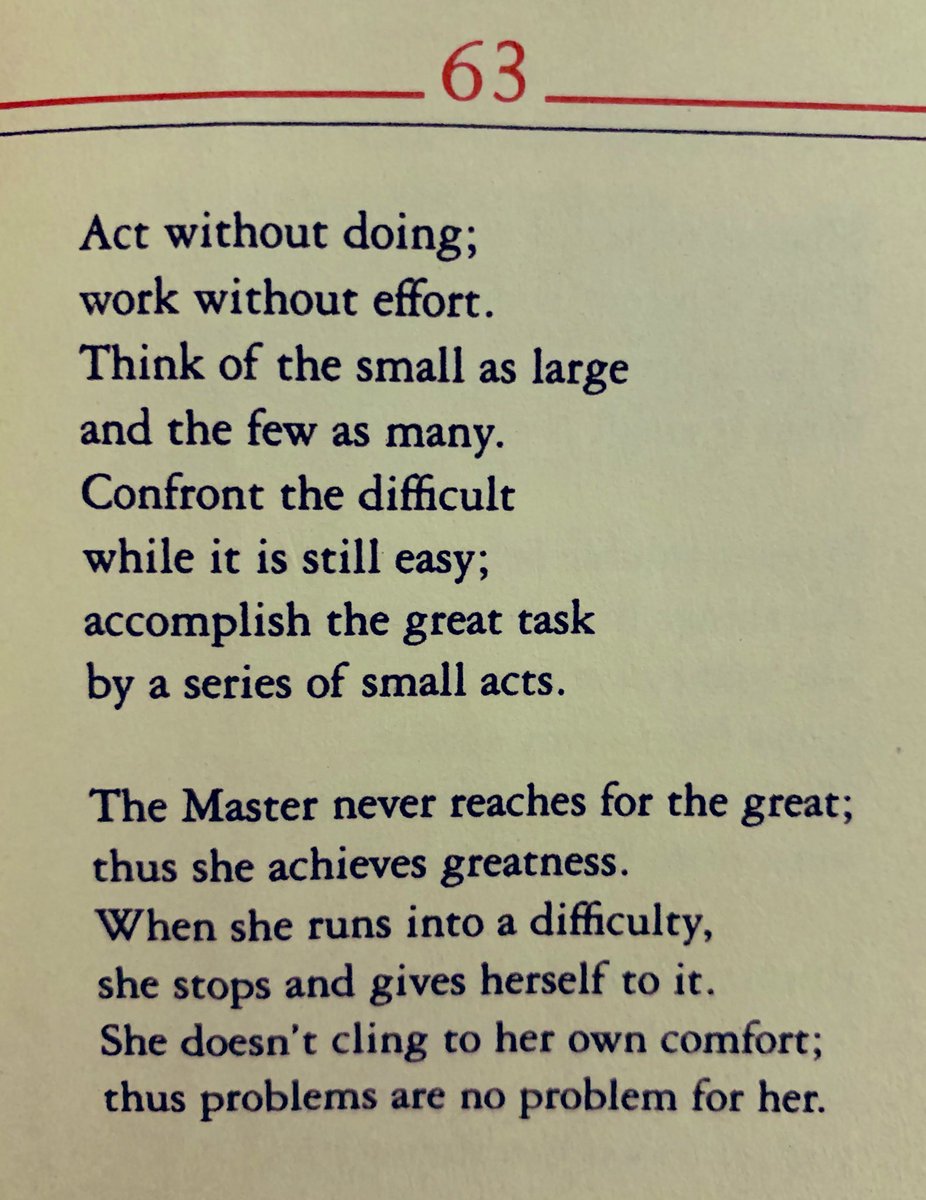









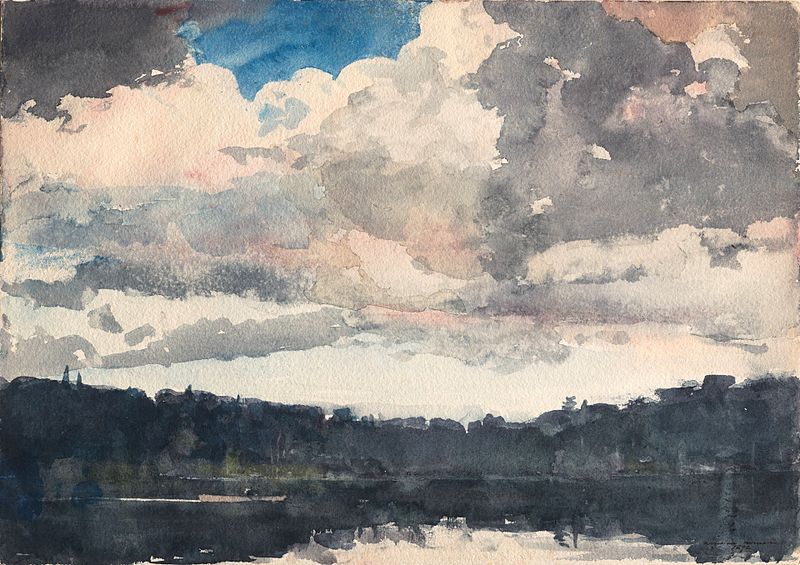





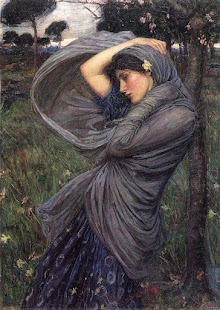












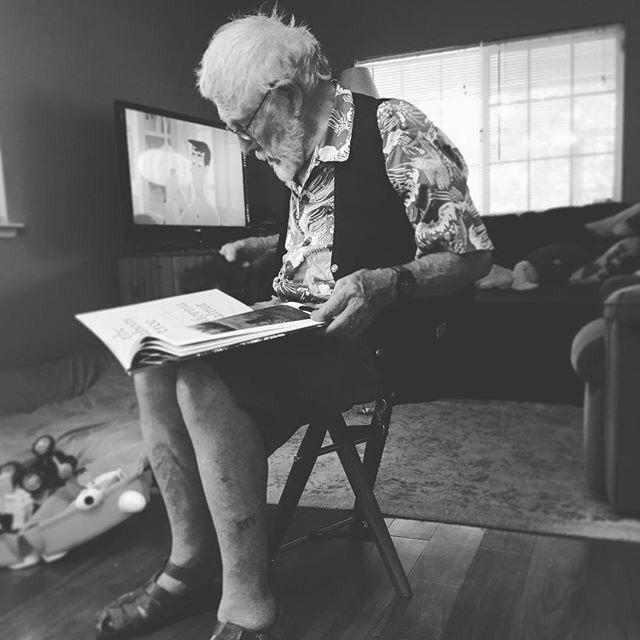

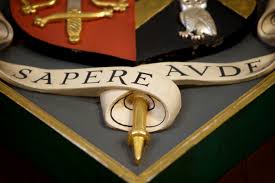






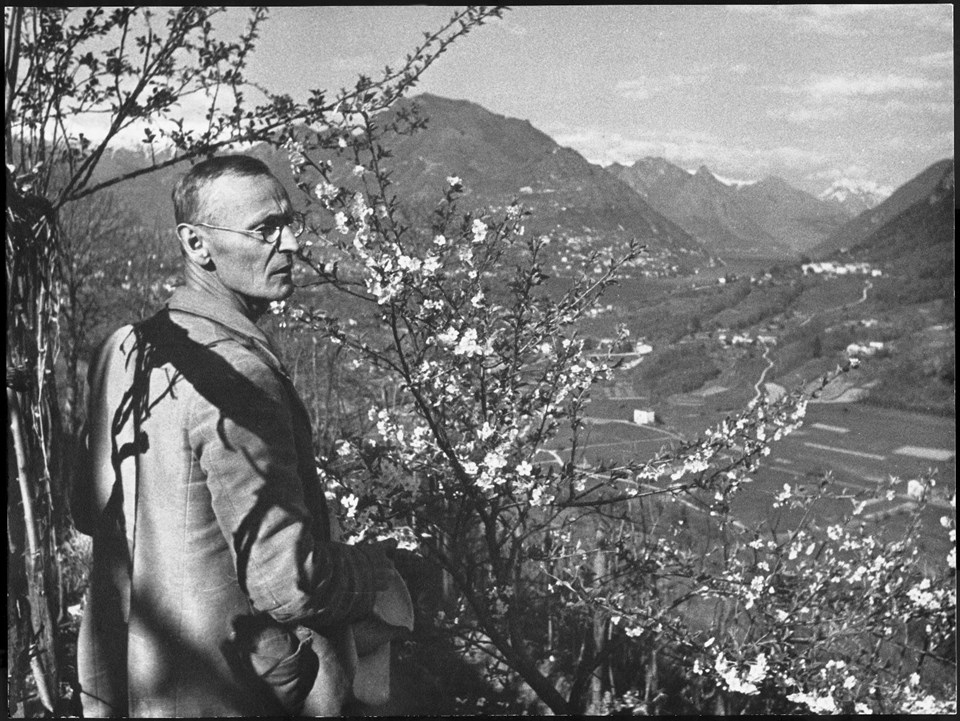


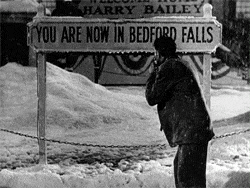







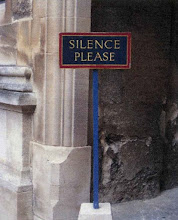









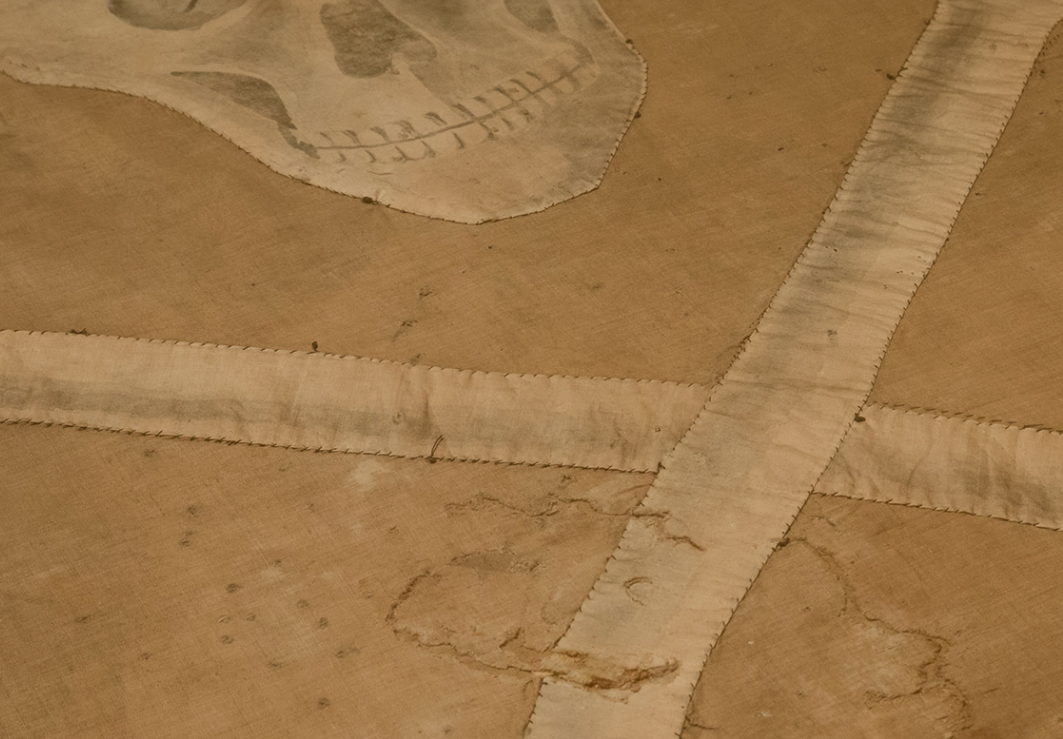

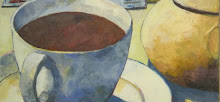
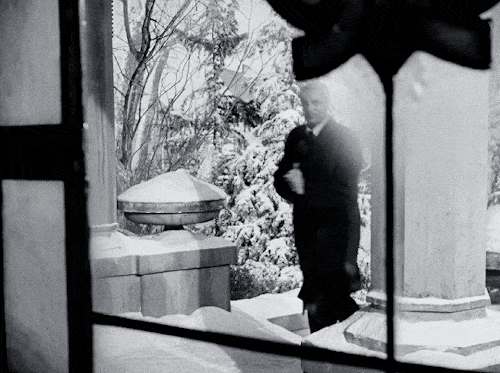


















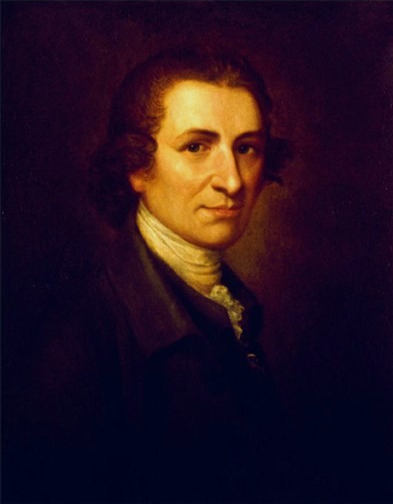


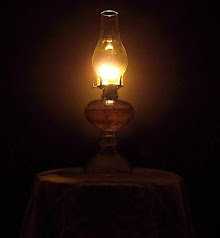







No comments:
Post a Comment